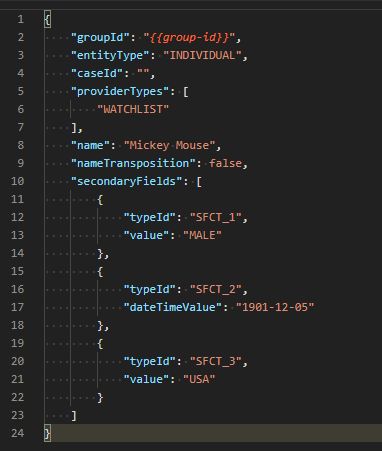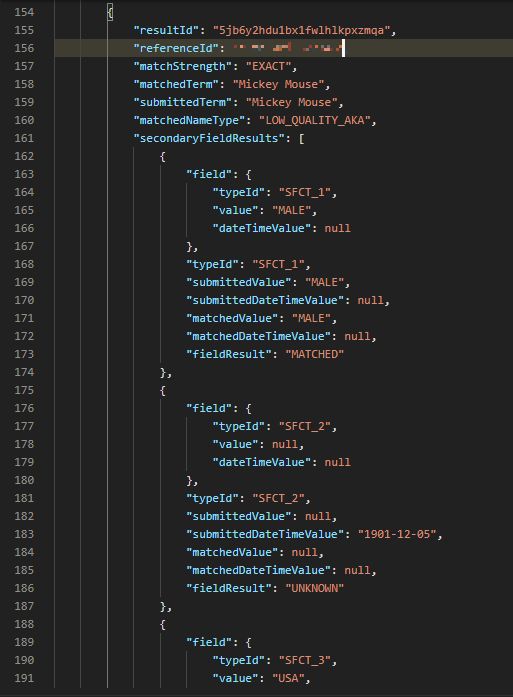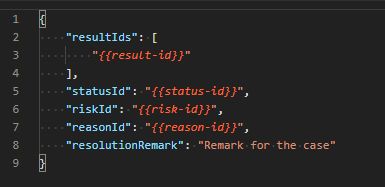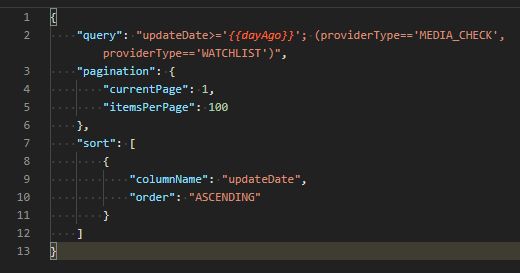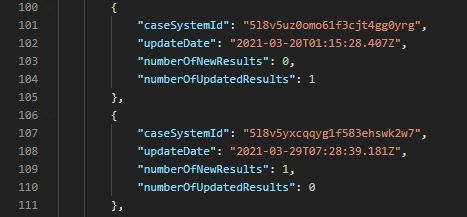An online payment provider (“CLIENT”) signed up with World-Check One API (“API”) after several months of Trial. They found the API easy to integrate, secure, and meet all their business requirements. Their plan was to integrate the API to their internal system to allow for automated name screenings on customer sign-ups to fulfill their customer onboarding and Know-Your-Customer processes, as well as trigger checks when certain transactions are made to comply with Anti Money Laundering and other regulations.
The CLIENT’s customers sign-up via their web portal or mobile application. These are self-service applications, allowing potential customers fast and convenient 24/7 access to the CLIENT’s other wide array of services, including those involving online payments and digital wallet.
World-Check One API’s synchronous screening capability provide an almost immediate response to the single-name screening needs when the CLIENT’s customers apply for online payments and / or digital wallet services. The API’s synchronous screening endpoint allow the CLIENT to send all the key details of the customer, such as the name, along with secondary identifiers:
- Full name
- Date of birth
- Place of birth
- Gender
- Nationality
- Country Location
World-Check One’s next generation name screening technology uses fuzzy matching to find close matches against the World-Check database and optionally filter off those that do not match with the secondary identifiers provided. Synchronous screening accept the input and return the results in the same API call:
The API’s JSON response provide a structured set of information that the CLIENT utilize to automate the approval or marking of the application for further review. The response provide all matching entities from the World-Check database, along with details such as match strength, entity name that matched, and the match status of secondary identifiers. World-Check One provide a long list of configurable settings and thresholds for the API CLIENT, both to help with pre-screening and post-screening filtering, which helps keep the false positives low, allowing for higher overall decision confidence by the CLIENT’s application logic or human analysts.
The full details of a matching entity can be retrieved via the World-Check One API. The returned information is based on Refinitiv’s World Check Risk Intelligence database. Among other items, the details include:
- Name or Organization name
- One or more aliases
- Names in native or non-Latin characters
- Gender
- Date of birth or Age
- Associated persons and organizations, along with their respective details
- Role details for Politically Exposed Persons
- Sources for these information
- Other relevant details about the person, organization, or vessel
The CLIENT’s system or compliance officers remediate the matches and assign values such as false, possible, or true matches, based on the rich information provided by World-Check through the API and other non-World Check data sources that the CLIENT use for correlation. Assigning remediation values and remarks can easily be done via the API:
When the CLIENT’s customers are approved and get onboarded with their online payment and digital wallet features, these customer records are optionally set to Ongoing Screening (OGS) via the World-Check One API. This provides automated ongoing screening with no further action required on the CLIENT. Future updates to these matching records will trigger a notification on the CLIENT’s account. The CLIENT’s internal system polls the API on a regular basis, ensuring that any OGS hit is immediately actioned and decided on:
The automated screening frequency is configurable on the World-Check One portal:
World-Check One API has the capability for high throughput, multi-threaded requests that the CLIENT needs. This allow the CLIENT to serve their very large client base without fail while constantly keeping with regulatory requirements.

